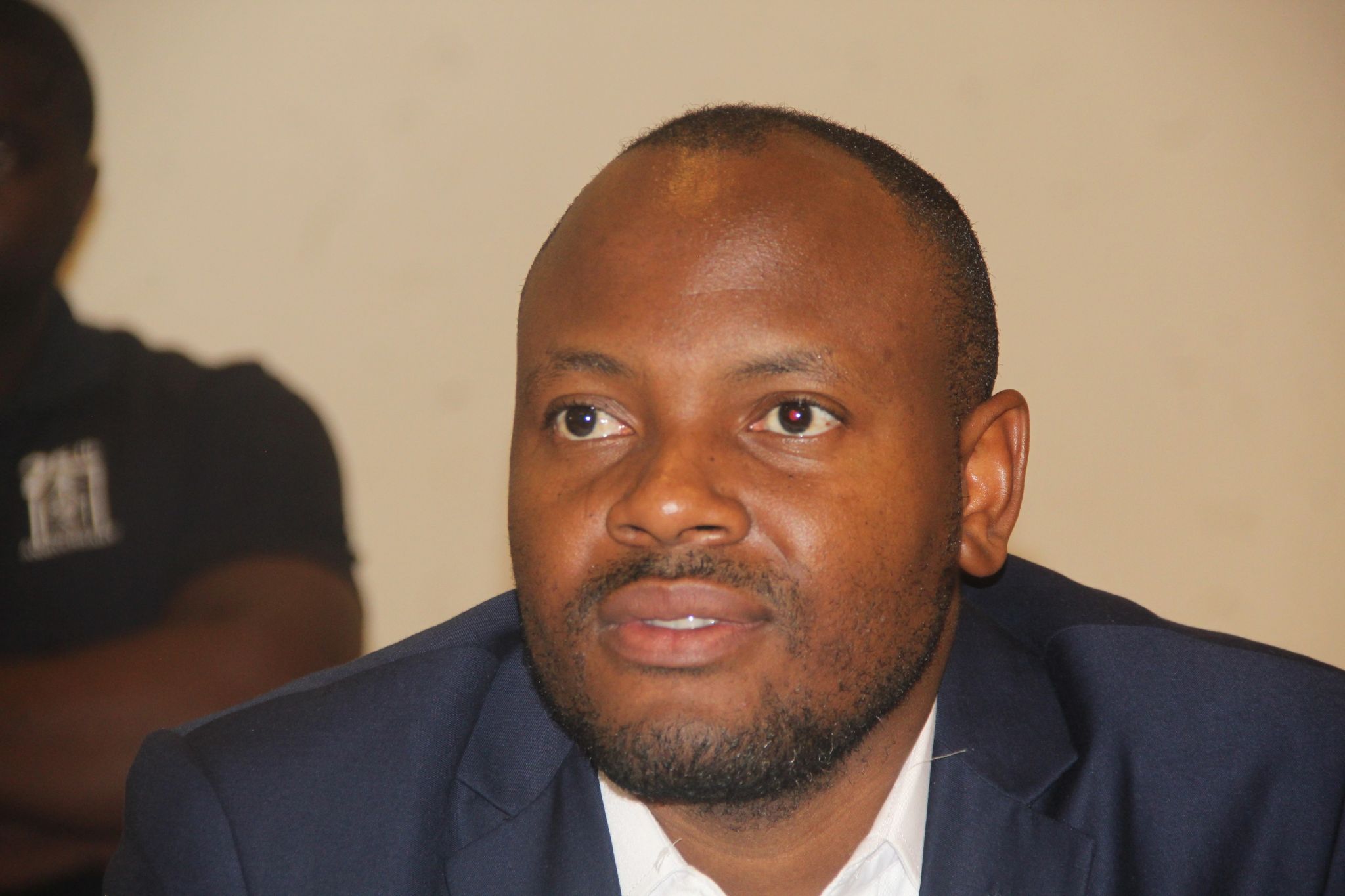The new leadership of the Mine Ventilation Society of Zimbabwe (MVSZ) says it is committed to fostering collaboration with training institutions and regulatory authorities to ensure the production of high-quality professionals and the development of updated regulations to govern the mine ventilation industry.
By Ryan Chigoche
The new executive team, led by Dr. Tonderai Chikande, Zimplats Ventilation Manager, assumed office on November 1 for a two-year term.
They take on this role at a critical time for the mine ventilation industry. It faces significant challenges, including limited employment opportunities for graduates, increased gassing incidents, and an outdated regulatory framework.
In an interview with Mining Zimbabwe shortly after his appointment, Dr Chikande expressed his gratitude for the outgoing team’s efforts and reaffirmed his commitment to strengthening relationships with regulatory authorities and other stakeholders to address the pressing issues facing the ventilation industry.
“I want to thank the outgoing team for their outstanding work in managing ventilation issues and organizing this successful conference. As the incoming president of the MVSZ, our goal is to leverage our expertise to strengthen relationships with various stakeholders, including regulatory bodies and the government, to improve our regulations. We will also engage training institutions to ensure we produce the best professionals for the industry,” he said.
In the mining sector, occupational health and safety oversight falls under the Ministry of Mines and Mining Development, primarily guided by Statutory Instrument 109 of 1990. While these frameworks were established to ensure worker safety and health, they have not evolved to meet the industry’s contemporary challenges.
Key legislation includes the outdated Mines and Minerals Act, which governs mining operations but does not adequately address modern safety challenges. The Act lacks provisions for the latest safety technologies and practices, potentially leaving gaps in worker protection.
Additionally, the Pneumoconiosis Act mandates regular health examinations for workers to ensure their fitness throughout their employment. However, its framework does not fully address emerging health concerns in the mining sector, such as mental health issues and the long-term effects of new mining techniques.
Overall, while these regulations provide a foundational framework, they require significant revision to incorporate modern safety practices, address evolving health risks, and enhance the effectiveness of enforcement mechanisms in today’s mining environment.
To fully address the sector’s challenges, Dr. Chikande also emphasized the importance of collaboration with stakeholders such as the Association of Mine Managers of Zimbabwe (AMMZ), the Association of Mine Surveyors of Zimbabwe, and other suppliers. He noted that strengthening these relationships could help address the issue of low job absorption for mine ventilation graduates, as current employment opportunities are limited, and mines are hiring far fewer professionals than specified by outdated laws.
.png)




